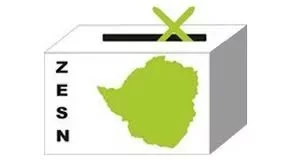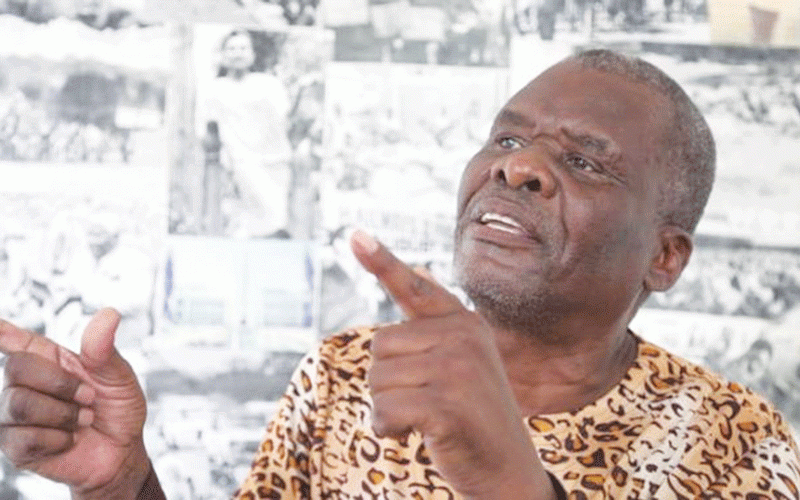
POLITICAL parties should strive to address gender disparity issues to promote participation of the youths in electoral processes, the Zimbabwe Election Support Network (Zesn) has said.
In a statement to commemorate the National Youth Day, Zesn said it was concerned with the low representation of women in the Youth Quota.
The day is commemorated annually on February 21.
“While Zesn welcomed the institutionalisation of the Youth Quota in the National Assembly to enhance their participation in democratic governance processes as this is something that youth had been advocating for since time immemorial, it is of concern that out of the 10 youth MPs elected under the Youth Quota, only three are female,” Zesn said.
“This gender disparity not only undermines the principle of gender equality, but also hampers the holistic representation of youth voices in the legislative chambers.
“Zesn implores political parties to adopt affirmative action measures to promote the inclusion of young women in leadership positions, both within party structures and as electoral candidates.”
According to Zesn, it was concerning that only 35 young individuals secured seats in the National Assembly during the August 2023 elections.
“Among these, 17 were directly elected, 10 went through the Youth Quota allocation and a further eight through the Women’s Quota,” Zesn said.
- Fast-track delimitation, Zec urged
- Letters: Steep increase in nomination fees has a bearing on democracy
- Watchdogs bemoan falling media freedoms ahead of elections
- Zec delimitation process found wanting
Keep Reading
“This representation, constituting 12,5% of the 280-member National Assembly, contrasts with the demographic reality where(by) the youths comprise over 60% of Zimbabwe's population.”
Zesn said the youth remained underrepresented in key electoral, governance, policy and legislative affairs.
“The global community, including the United Nations and the African Union, has repeatedly emphasised the indispensable role of young people in driving sustainable development and fostering inclusive governance therefore Zimbabwe, as a signatory to various international agreements, is duty-bound to uphold these principles,” the electoral watchdog added.
There has been rising concern over the low participation of youths, especially women in recent elections.
The Zimbabwe Gender Commission has since proposed that political parties should be compelled to ensure gender balance in their nomination processes.










